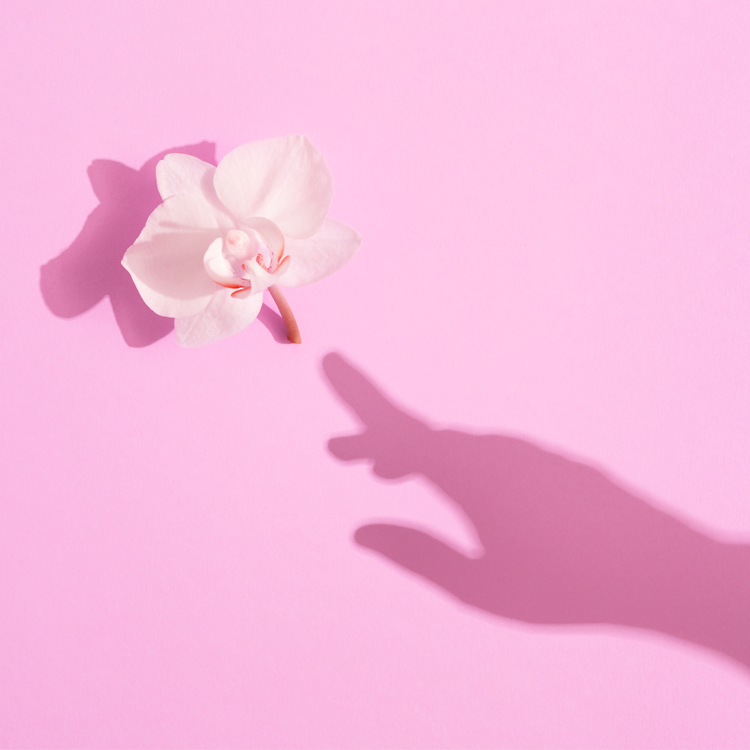
Reblooming Orchids
The key to reblooming orchids is simple. Maintain your orchid in the same conditions it would experience in its native climate, and you will be able to rebloom a variety of orchids that fit within your growing environment.
Following are key factors that influence blooming
-Light
-Temperature
-Fertilizer
-Time between blooms
-Maturity of the plant
Frequently Asked questions
Reblooming FAQs
I've been growing this orchid for several years now and it hasn't bloomed for me. Am I doing something wrong?
There are several factors that might be preventing your orchid from blooming. The foremost reason is light.
Most orchid generally needs about 5-6 hours of light at the least to bloom. Moving your plants to a brighter spot can solve the problem.
Another issue is temperature as some orchids require temperatures to drop considerably for them to bloom while some others require a day-night differential of about 5-10 degrees Celsius to bloom.
High Nitrogen fertilizer will also prevent your plant from blooming and this is proven by lush growth and healthy-looking plants that fail to bloom.
This can be set right by shifting to a high Potassium fertilizer with an added Magnesium supplement.
Another reason could be that you got yourself a seedling and it isn't mature enough to bloom.
My orchid is done blooming. Should I remove the spent spike or not?
Phalaenopsis are known to bloom off old spikes and so are Equitant Oncidiums.
For all other orchid genera, the spike can be removed once blooming is done with.
However, if you are worried about transmitting the virus through cutting a flower stalk, then you may allow the flower stalk to dry up before you make a cut
I've visited a lot of orchid sites and each one has something to contradict what I've previously learned. How do I know if I'm reading the right thing?
You must remember that what works for you might not work for another person, for the simple reason that there are various parameters involved when it comes to growing orchids successfully.
Different orchids come from different regions of the world and have evolved to adjust to that particular climate. There are orchids that come from regions where it rains most of the year and there are others that will not bloom unless there is a remarkable dip in temperature.
Before buying your orchid, read well about their requirements and see if it will be possible for you to provide similar conditions. Talk to our Orchidists at Orchid Tree and gradually you'll learn how to grow your orchids to the best.
